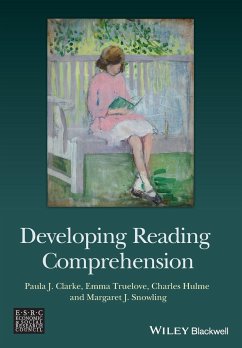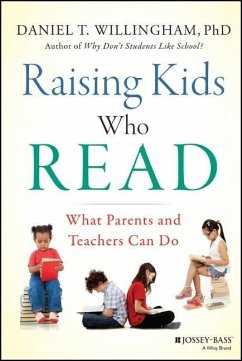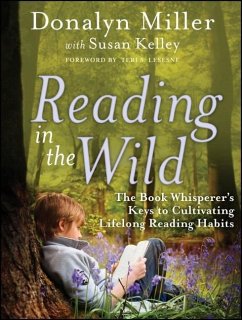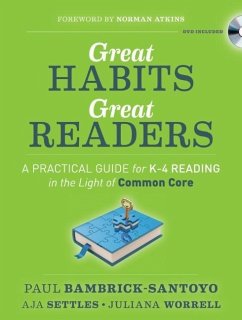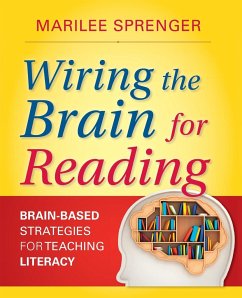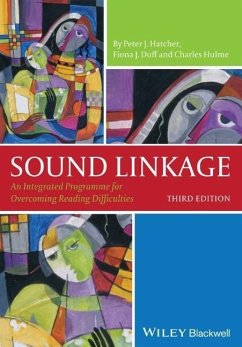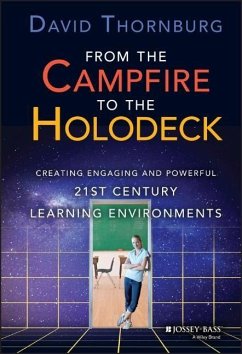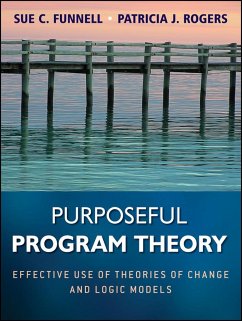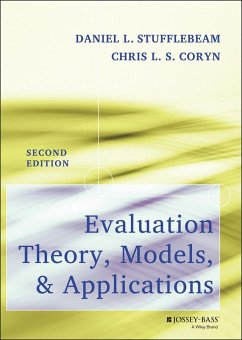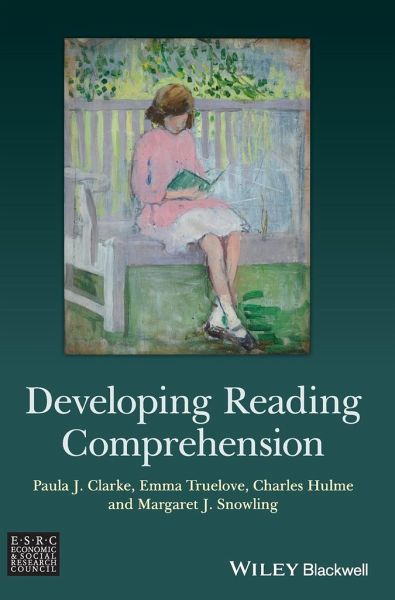
Developing Reading Comprehensi

PAYBACK Punkte
59 °P sammeln!
Providing an in-depth introduction to the poor comprehender profile, which describes children who despite being fluent readers have difficulty extracting meaning from text, Developing Reading Comprehension presents three cutting-edge, evidence-based interventions for dealing with specific difficulties of reading comprehension in children aged 7-11. The expert author team provides teachers, educational psychologists, special educational needs coordinators, and other professionals with a range of practical interventions for improving reading skills in this group, along with comprehensive guidance on assessment and monitoring, and insightful accounts of professionals' experience in delivering the techniques.
Presents cutting-edge, evidence-based interventions for dealing with specific difficulties of reading comprehension in children aged 7-11.
An in-depth introduction to the 'poor comprehender profile', which describes children who despite being fluent readers have difficulty extracting meaning from text.
Sets out a range of practical interventions for improving reading skills in this group - along with comprehensive guidance on assessment and monitoring, and insightful accounts of professionals' experience in delivering the techniques described.
Includes an overview of psychological theories of reading comprehension, evaluating their practical applicability.
An in-depth introduction to the 'poor comprehender profile', which describes children who despite being fluent readers have difficulty extracting meaning from text.
Sets out a range of practical interventions for improving reading skills in this group - along with comprehensive guidance on assessment and monitoring, and insightful accounts of professionals' experience in delivering the techniques described.
Includes an overview of psychological theories of reading comprehension, evaluating their practical applicability.




